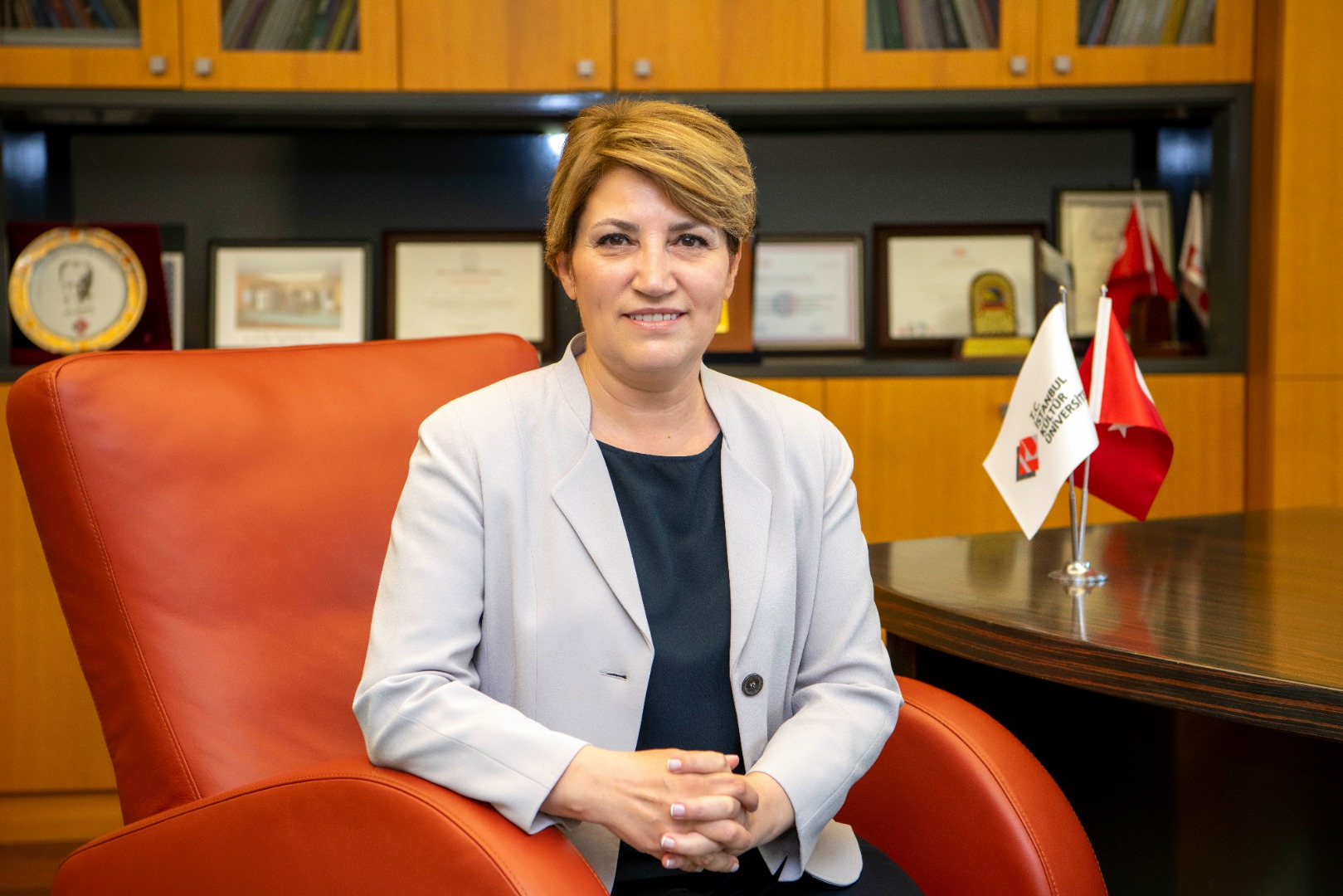
Istanbul Kültür University Updated Its Digital Infrastructure
Starting the new academic year with hybrid student orientations on September 20, Istanbul Kültür University announced that it has updated its corporate course management system CATS and hybrid classes with campus measures.
Stating that digital applications in education, whose weight has increased with the pandemic, are one of the realities of higher education, Istanbul Kültür University Rector Prof. Dr. Hanife Öztürk Akkartal noted that sustainability in health, safety and education are the main targets in the 2021-2022 academic year.
Up to 40% Distance Education, Exams Face to Face
Stating that within the scope of the transfer of authority given by the YÖK, a face-to-face education decision was made, up to 40 percent distance, with the Senate Decision, our Rector Prof. Dr. Akkartal stated that the exams will be held face to face.
Noting that there may be new arrangements in accordance with the decisions of the higher authorities according to the regional and local course of the epidemic, our Rector stated that the plans are made within the framework of the curriculum of the faculties and the YÖK in education. Stating that Healthy Campus Practices cannot be compromised in the Global Epidemic, Prof. Dr. Akkartal said:
“The cards used by our staff and students at the entrance to the campus have been integrated with the HES code. Within the scope of Healthy Campus Implementation Principles, PCR Circular of the Ministry of Interior and YÖK regulations are our main reference points.”
The Number of Hybrid Classes Rising
Stating that in the new academic year, distance education and course management systems have been updated according to student feedback, Prof. Dr. Hanife Öztürk Akkartal summarized the role of digital education in the new era as follows:
“The transition to face-to-face education is exciting for all of us. However, digital education, whose weight has increased with the pandemic, is now our reality. We have developed the third version of our digital course management system, which has been used at our university for more than 10 years, for the new academic year. Our mentors in the developments were our students and academic staff. New features such as new lecture recording video application, quick management of presentation files, instant connection status reporting, development of question and voting features for synchronous lectures, student-based whiteboard authorization, gamification, creation of parametric group study rooms have been transferred to the system.”
